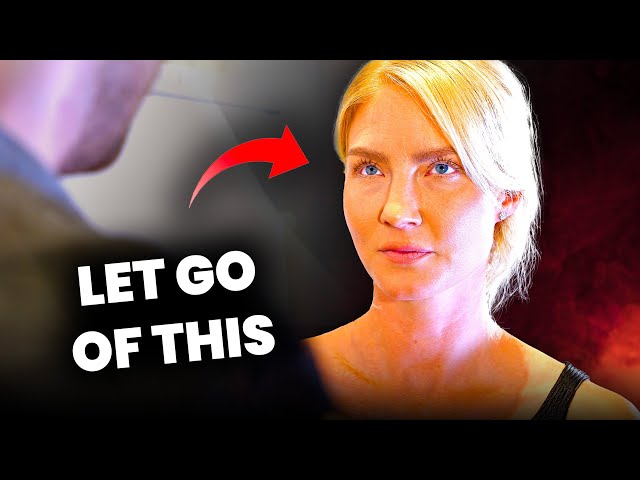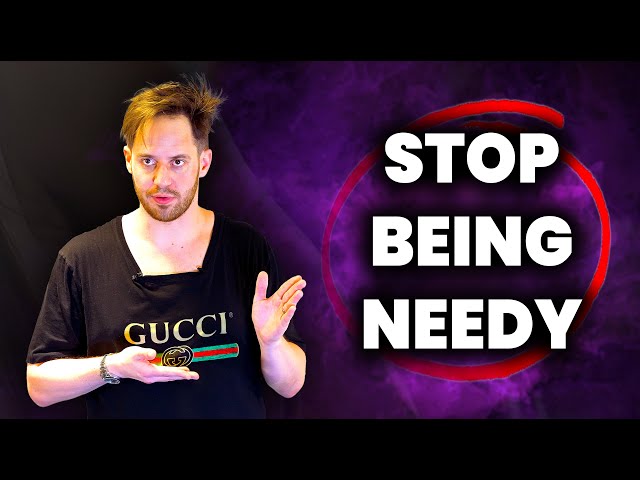What if I told you that the ultimate cheat code for a fulfilling life is seeing life as a video game? It might sound unconventional, but when you treat life like a video game, you gain a powerful perspective on how to enjoy every level, face challenges, and unlock your potential.
Let’s dive into how comparing life to a video game can reveal insights that help you navigate your experiences and find lasting fulfillment.
Level Up: The Cheat Code for a Fulfilling Life
Imagine life as a video game where you are both the player and the character. Your character levels up, gains new skills, and collects items. But does that change who you are as the player? No, it doesn’t.
Similarly, in life, your core self remains the same, no matter the ups or downs your “character” experiences. Whether you succeed or fail, the key to a fulfilling life is to enjoy the process, not just the destination. You don’t only enjoy level 10; you find joy in each level, with all its challenges and victories.
Challenges in Life: Part of the Ultimate Game
Just like in a video game, life throws challenges your way. These tough quests make the game more interesting. You might face setbacks or struggle, but each challenge helps you grow and gain new insights.
The ultimate cheat code for a fulfilling life is to embrace these challenges as part of the adventure, rather than seeing them as insurmountable obstacles. Every tough quest is an opportunity to level up and become stronger.
Discover Your Character: The Key to a Fulfilling Life
In a video game, your character has unique strengths and abilities. In life, your primary purpose is to understand your character—your strengths, passions, and natural talents. Once you know this, your secondary purpose is to find quests (goals) that align with your strengths and passions.
Whether you’re creative or analytical, your life’s quest should reflect who you are. When your actions align with your true self, fulfillment becomes a natural part of your daily life.
Fulfillment Cheat Code: Enjoying the Process Every Day
Fulfillment isn’t found in reaching level 10 or achieving a certain status—it comes from enjoying the process. Whether you’re making millions or just enough to get by, the real cheat code for a fulfilling life is to ensure that your actions align with what you truly enjoy.
Take a moment to reflect: Are you doing what you love? If not, how can you shift your focus and design your life to do more of what brings you joy?
Breaking Free from Comfort Zones: The Ultimate Life Cheat Code
Transformation often requires stepping outside your comfort zone and facing discomfort head-on. Breaking free from your comfort zone allows you to grow, even if it means losing people who resonated with your old self. When you live authentically and embrace change, you can look back on your life and be proud of the way you played the game.
Conclusion: Apply the Cheat Code for a Fulfilling Life
The ultimate cheat code for a fulfilling life is to treat life like a video game—embrace the adventure, enjoy the process, and find joy in every challenge. Design your life around what brings you the most joy, and live in a way that makes your future self proud.

Julien Blanc
Want to experience this in person? Get your ticket for the NO ANXIETY TOUR and take the next step toward a life without anxiety.
Frequently Asked Questions (FAQs)
What is the cheat code for a fulfilling life?
The cheat code for a fulfilling life is viewing life as a video game, where challenges are opportunities for growth and fulfillment comes from enjoying the journey.
How can treating life like a video game bring fulfillment?
By treating life like a video game, you embrace challenges as part of the adventure, find joy in each step, and align your actions with your passions, leading to greater fulfillment.
What is the ultimate goal of life, according to this perspective?
The ultimate goal of life isn’t about achieving a specific level or status but about enjoying the process, growing through challenges, and living in alignment with what brings you joy.
How can I apply this cheat code to my daily life?
To apply this cheat code, focus on discovering your strengths and passions, and design your life to include activities that align with who you truly are. Enjoy the process, and embrace every challenge as an opportunity to level up.
What does stepping out of your comfort zone have to do with fulfillment?
Stepping out of your comfort zone helps you grow and transform. By facing discomfort and embracing change, you become more authentic and unlock new levels of personal fulfillment.



